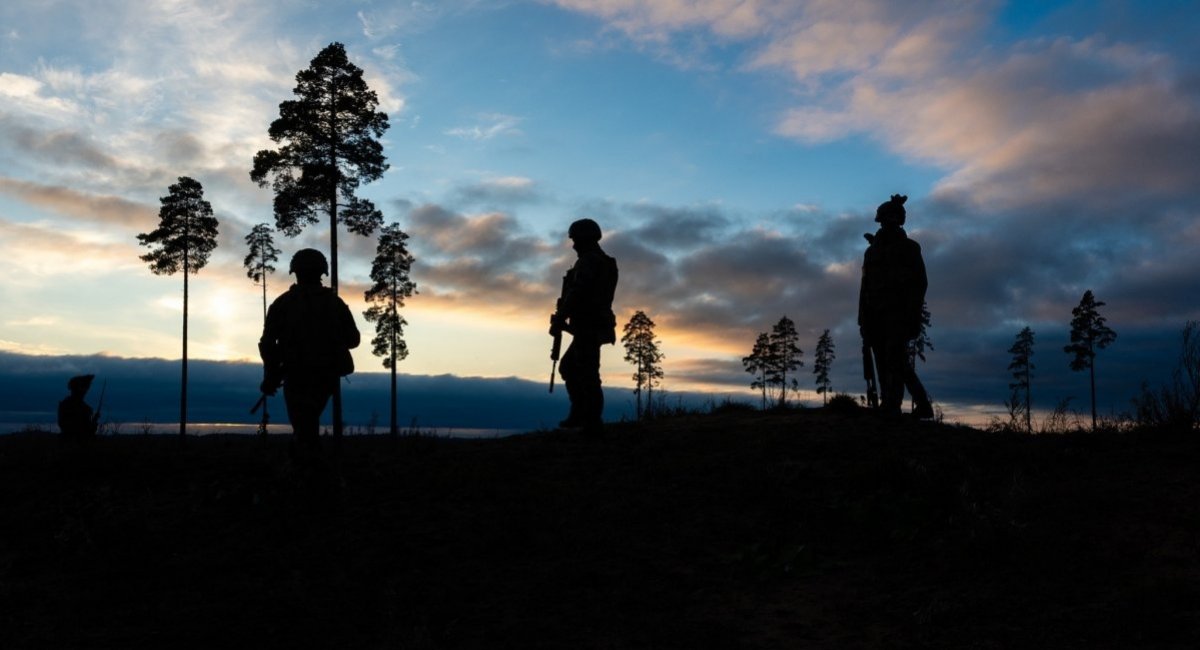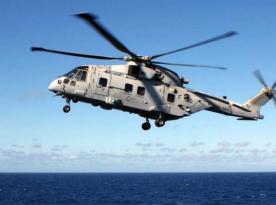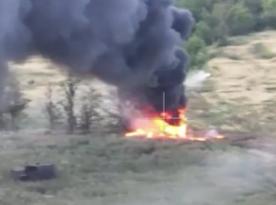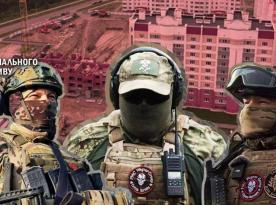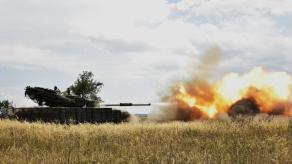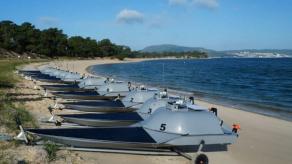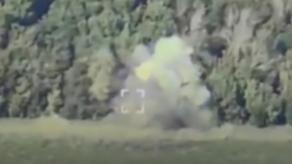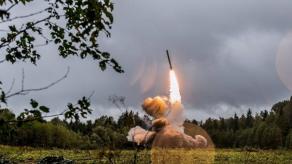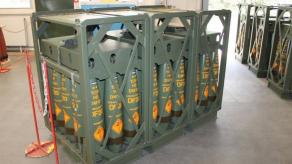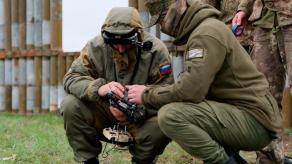Back in March 2025, the formation of the so-called "Coalition of the Willing" was announced — a formal group of over 30 countries that expressed willingness to coordinate efforts to support Ukraine. One of the points on the agenda was the deployment of troops to Ukrainian territory.
However, this deployment is planned for the post-war period — after active combat operations have ended. This has been repeatedly emphasized, including in a written response to a parliamentary inquiry by UK Minister of State for the Armed Forces, Luke Pollard. The response also outlined the current status of planning efforts.
Read more: How Did Romania Not Even Start To Build a Gunpowder Plant With Rheinmetall After a Year
According to UK Defence Journal, this issue was discussed at a high-level summit held on July 10 (most likely the 37th Franco-British Summit) with the participation of British Prime Minister Keir Starmer and French President Emmanuel Macron.
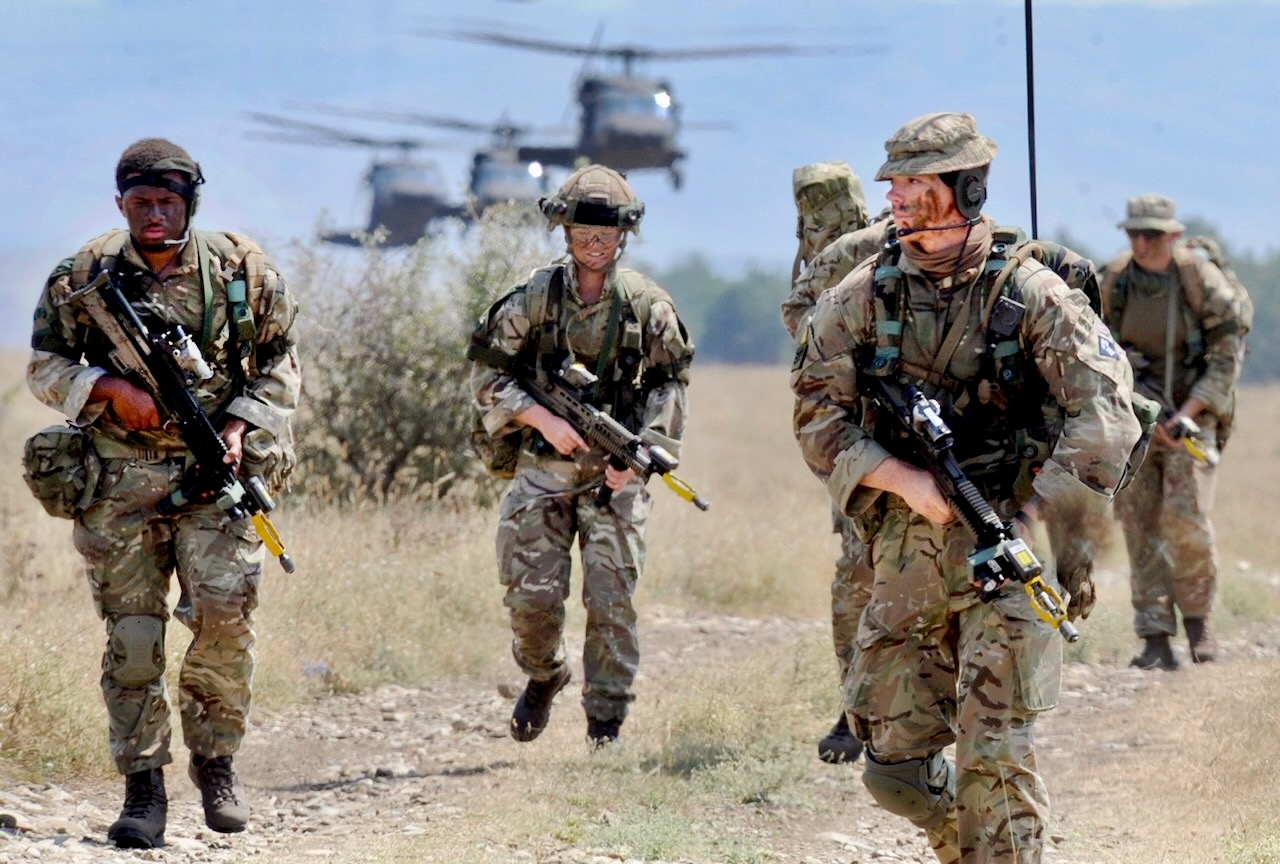
During the summit, both leaders confirmed the development of "operational plans for the deployment of support forces after the end of hostilities, aimed at ensuring the security of Ukraine's airspace and maritime domain, as well as supporting the recovery of the Armed Forces of Ukraine."
The article notes that the overall concept for such a mission is modeled on previous NATO peace support operations. However, legal clarity and formal structuring of the coalition, its participants, and their mandates remain unresolved. Notably, this would not be a formal peacekeeping mission, as such a mandate can only be granted by the United Nations — whose practical capability to do so is highly questionable.
The proposed framework would likely use a modular structure, UK Defence Journal explains, which would allow "different countries to contribute in different capacities without requiring a formal structure under NATO or the EU."
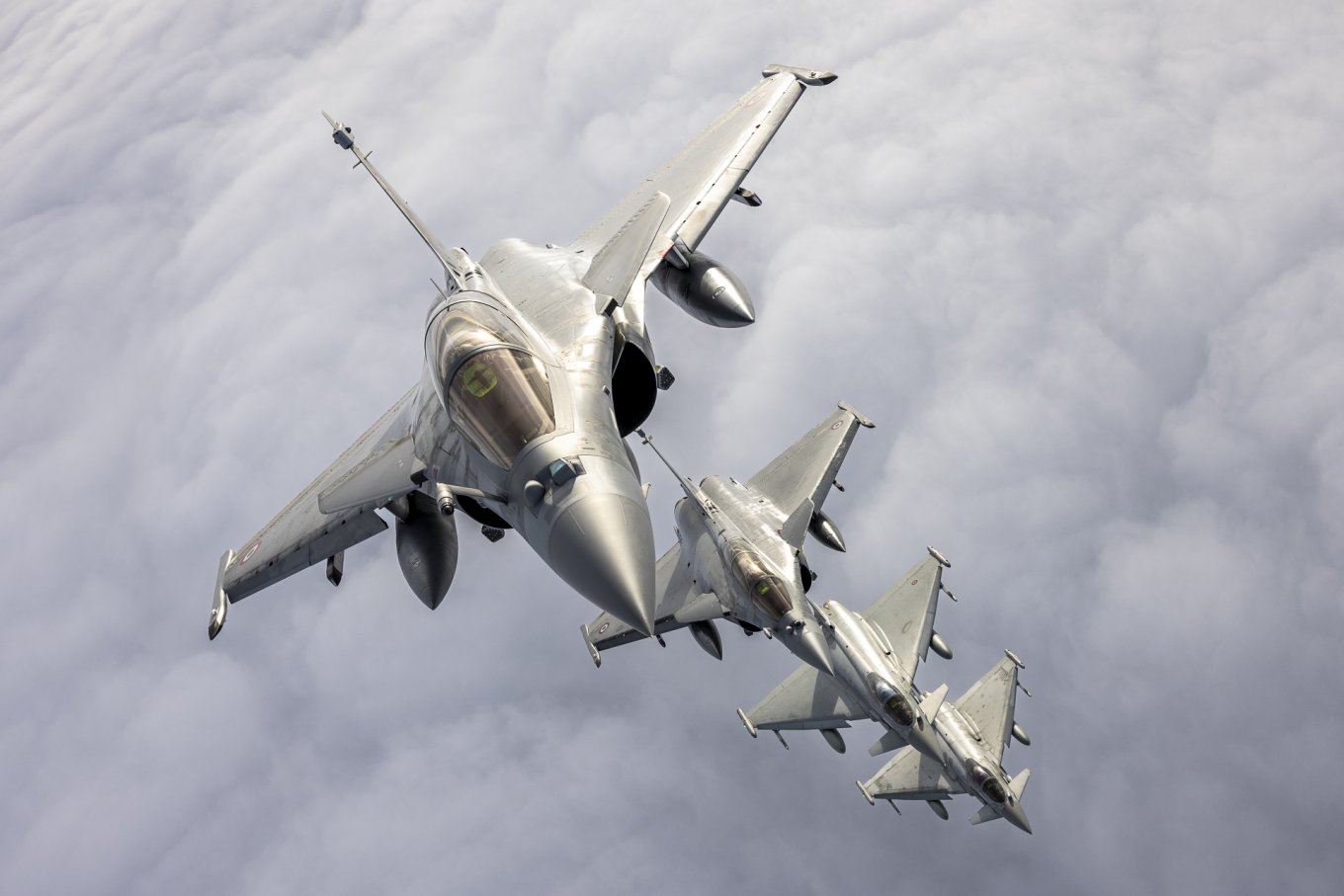
As Defense Express notes, there is currently no indication of a large-scale deployment of NATO or EU ground troops to Ukraine. Moreover, an analysis by the respected International Institute for Strategic Studies (IISS) has shown that forming even a rotational combined brigade would already be a challenge for these countries.
This is why the focus on air and maritime security, which can be implemented remotely, makes practical sense. Ground presence, by contrast, will likely be limited to demining operations and joint training missions with the Armed Forces of Ukraine.
However, plans may evolve, and participation from coalition members could grow — potentially without any formal public announcements.
Read more: Ukrainian Pilot Denfix Downs 20+ Targets with Modernized MiG-29 Aircraft



